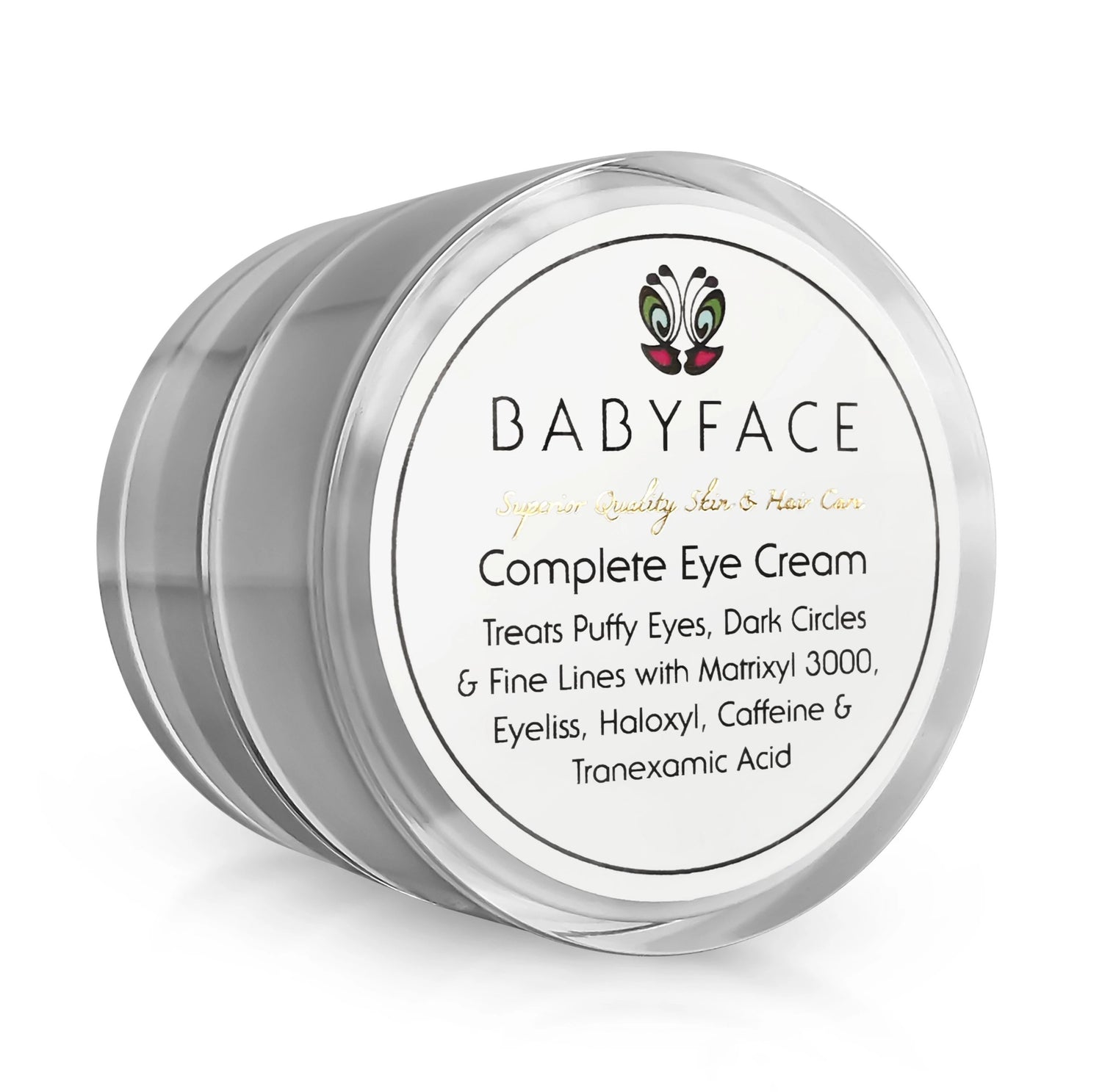Can You Use A Vitamin C Serum If You Have Sensitive Skin?
Giorgia G.Share

Can you use Vitamin C if you have sensitive skin?
In theory, it sounds like a bad idea. Vitamin C has a reputation for being stingy, irritating and just a pain to deal with.
But, it’s also an anti-aging superstar that can help you fight those pesky wrinkles and give your complexion its rightful glow back.
Do you really have to miss out on all that goodness just because your skin’s so sensitive?
Nope. Vitamin C is gentler than you give it credit for. Here’s what you need to know to make it work for your sensitive skin.
What Does Vitamin C Do For Your Skin?
Vitamin C is one of the most powerful antioxidants used in skincare. Research shows that it helps keep skin young in four ways:
- Antioxidant: It destroys free radicals before they have the chance to destroy collagen, elastin and cellular DNA.
- Brightening: It fades away hyperpigmentation, like dark spots and freckles, and gives your complexion a healthy glow.
- Firming: It boosts the production of collagen, the protein that keeps your skin firm.
- UV Protection: When layered under sunscreen, it helps to enhance its sun protection.
Pretty remarkable, huh?
Why Does Vitamin C Sting With Sensitive Skin?
Did you ever use a Vitamin C serum that stung your skin like crazy? Chances are, it used L-Ascorbic Acid, the pure form of Vitamin C (yes, there is more than one form!).
L-Ascorbic Acid delivers all its anti-aging benefits only at a low pH (usually around 3.5).
A low pH is bad news for sensitive skin: it irritates it, dries it out and compromises its protective barrier, making it even more sensitive!
Like that weren’t enough, plenty of serums use high concentrations of L-Ascorbic Acid (15% or higher) because it packs a powerful anti-aging punch.
That’s totally OK if you have resistant skin. But delivering such a high dose all at once to sensitive skin is a recipe for stinginess and irritation.
Lesson learned: if your skin’s sensitive, L-Ascorbic Acid isn’t the best choice for you.
How To Use Vitamin C When You Have Sensitive Skin
What if I told you there’s a form of Vitamin C that gives you the same benefits as L-Ascorbic Acid minus the irritation?
Sensitive skin, meet your new BFF: Magnesium Ascorbyl Phosphate (or MAP, for short).
MAP is a water-soluble and stable form of Vitamin C. You know what that means? MAP can do everything that L-Ascorbic Acid does, but it’s way gentler on the skin.
For starters, MAP works well at a skin-friendly pH of 5.5. That alone is enough to avoid the redness and stinging feeling you experience with traditional Vitamin C serums.
Plus, MAP works well even in small doses. While L-Ascorbic Acid is used in 15% or higher concentrations, just 5% MAP is enough to fade away dark spots!
FYI, higher concentrations of MAP aren’t more irritating for sensitive skin. Our MAP Vitamin C Serum contains a whopping 15% to help boost collagen and fade away dark spots even faster. It’s also loaded with natural oils that moisturize and soothe skin for an extra dose of TLC.
Can You Use Vitamin C If You Have Sensitive Skin?
Yes! Sensitive skin can reap all the anti-aging benefits of Vitamin C, too. The trick is to ditch L-Ascorbic Acid and opt for gentler derivatives like Magnesium Ascorbyl Phosphate that give you the same results without the stinging and irritation.

1 comment
I Love Babyface products!Please try them out!You will love how good they make you look and feel!